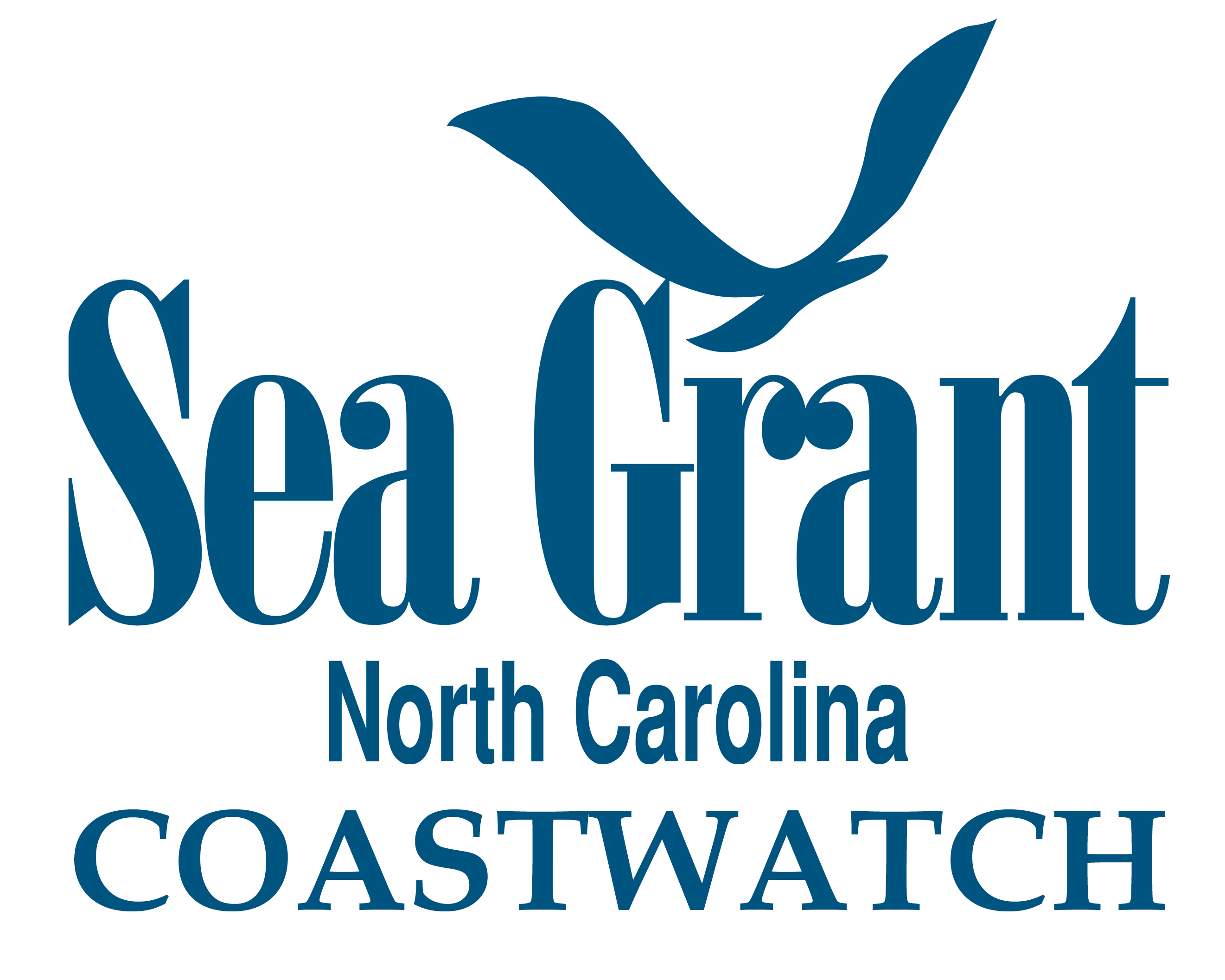By ROBIN WIENKE
“Sustainability,” “sustainable development” and “going green” are popular terms linked with recent efforts to protect the environment and maintain natural resources. However, these terms mean different things to different people.
Many coastal communities are customizing definitions of sustainability to guide policies and practices that benefit the environment and also fit their unique social and economic needs.
“A lot of communities are recognizing that natural resources are important to their economies and quality of life and are taking steps to protect those assets,” says Gloria Putnam, North Carolina Sea Grant’s water quality planning specialist.
The Sustainability Series — developed through funding from the N.C. Department of Environment and Natural Resources and the N.C. Fishery Resource Grant Program and the N.C. Blue Crab and Shellfish Research Program — collects and highlights local examples of sustainable strategies, quantifies some of the financial benefits, and helps guide local government officials with examples of ordinances and additional resources.
The overview for the series, Sustainability: Local Governments in Action, is available as a center insert for readers to pull out and reference.
“This document is an excellent resource for guidance in planning decisions,” says Lynne Wilson, a member of the Currituck County Planning Board and reviewer during the development of the information series.
The series features potential benefits of enacting policies and practices that promote sustainability of natural resources, and looks at communities reaping those benefits. Success stories include transportation planning in Pamlico County, green building in Durham County and low-impact development in Brunswick and New Hanover counties among others.
“I think educational efforts, including the documents produced by Sea Grant, play a pivotal role in helping communities understand the importance of sustainability at the local level,” adds Ben Woody, planning director for Currituck County.
Currituck County is an example of a community adopting a broad-ranging environmental initiative to address everything from wildlife and water quality to land-use planning and energy efficiency.
“Currituck County Goes Green” joins county officials and staff with community members and partners from North Carolina State University, East Carolina University, North Carolina Sea Grant, the N.C. Coastal Federation and the University of North Carolina Coastal Studies Institute. “Currituck County recognizes our interdependence with the natural world and is committed to sustainable development practices to ensure future generations enjoy the same quality of life as the present generation,” says Woody, who shared The Sustainability Series with the county’s board of commissioners.
In September 2009, the county commissioners adopted a sustainability resolution. In 2010, staff members will begin drafting a sustainability plan to implement the resolution with strategies to protect resources and save county funds.
Wilson adds that she is pleased environmental protection has come to the forefront in Currituck County. She stresses the value of learning about new strategies and the importance of implementing them.
To date, partners of the Going Green initiative have hosted public education events on energy conservation, recycling, water harvesting and pesticide container recycling. They also are incorporating sustainable development practices into a commerce park and other county properties.
To learn more about Currituck County’s initiative, go online to: www.co.currituck.nc.us/goes-green.cfm.
To read or print out and share the first six pieces of The Sustainability Series, click on the titles below:
Sustainability Series: Sustainability: Local Governments in Action
Sustainability Series: Water Quality: Actions and Resources
Sustainability Series: Water Quality: Common Terms to Know
Sustainability Series: Water Quality: Development and Stormwater
Sustainability Series: Water Quality: Estuaries and Polluted Runoff
Sustainability Series: Water Quality: Local Governments in Action
SHARING STRATEGIES
Elected and appointed officials from a wide range of communities will gather again this spring for a third growth strategies leadership-training course.
As in past years, topics will help local governing boards effectively integrate communitywater quality protection goals with growth and redevelopment. The course will be held May 6 at the Currituck County Cooperative Extension Facility. Sea Grant’s Sustainability Series will be included as a resource in the course notebook Water quality fact sheets include some of the science behind stormwater and polluted runoff, common water quality terms to know, and a list of key resource organizations that offer assistance for water quality protection and enhancement initiatives.
“If your community is interested in protecting natural resources, the course allows you to learn from others’ experiences,” says Gloria Putnam, Sea Grant’s water quality planning specialist and one of the event organizers.
“When you can get with other communities and hear about their success stories — and also things that didn’t work — you learn a lot to develop your own best practices and tools,” says Taylor Ryan, referring to the daylong workshop in 2008. Taylor is on the stormwater committee for the Town of St. James.
This course is an opportunity for officials to gain some scientific knowledge and to learn from practical experiences and applications in other North Carolina communities,” Putnam adds. “This puts local officials in a better position to ultimately succeed in their own initiatives.”
Planning partners for the course have varied over the years. For the 2010 event, they include North Carolina Sea Grant, the N.C. Coastal Federation, the University of North Carolina Coastal Studies Institute and Currituck County’s Manager’s Office and Cooperative Extension. Funding partners include the National Oceanic and Atmospheric Administration, the Coastal Federation, the N.C. Department of Environment and Natural Resources and Currituck County. — R.W.
For more information contact Gloria Putnam, 919/513-0117 or gloria_putnam@ncsu.edu.
Follow North Carolina Sea Grant’s News & Events at ncseagrant.ncsu.edu for new additions to the series in the future. To order paper copies of The Sustainability Series, contact Sandra Harris at 919/515-9101 or sandra_harris@ncsu.edu.
This article was published in the Winter 2010 issue of Coastwatch.
For contact information and reprint requests, visit ncseagrant.ncsu.edu/coastwatch/contact/.
